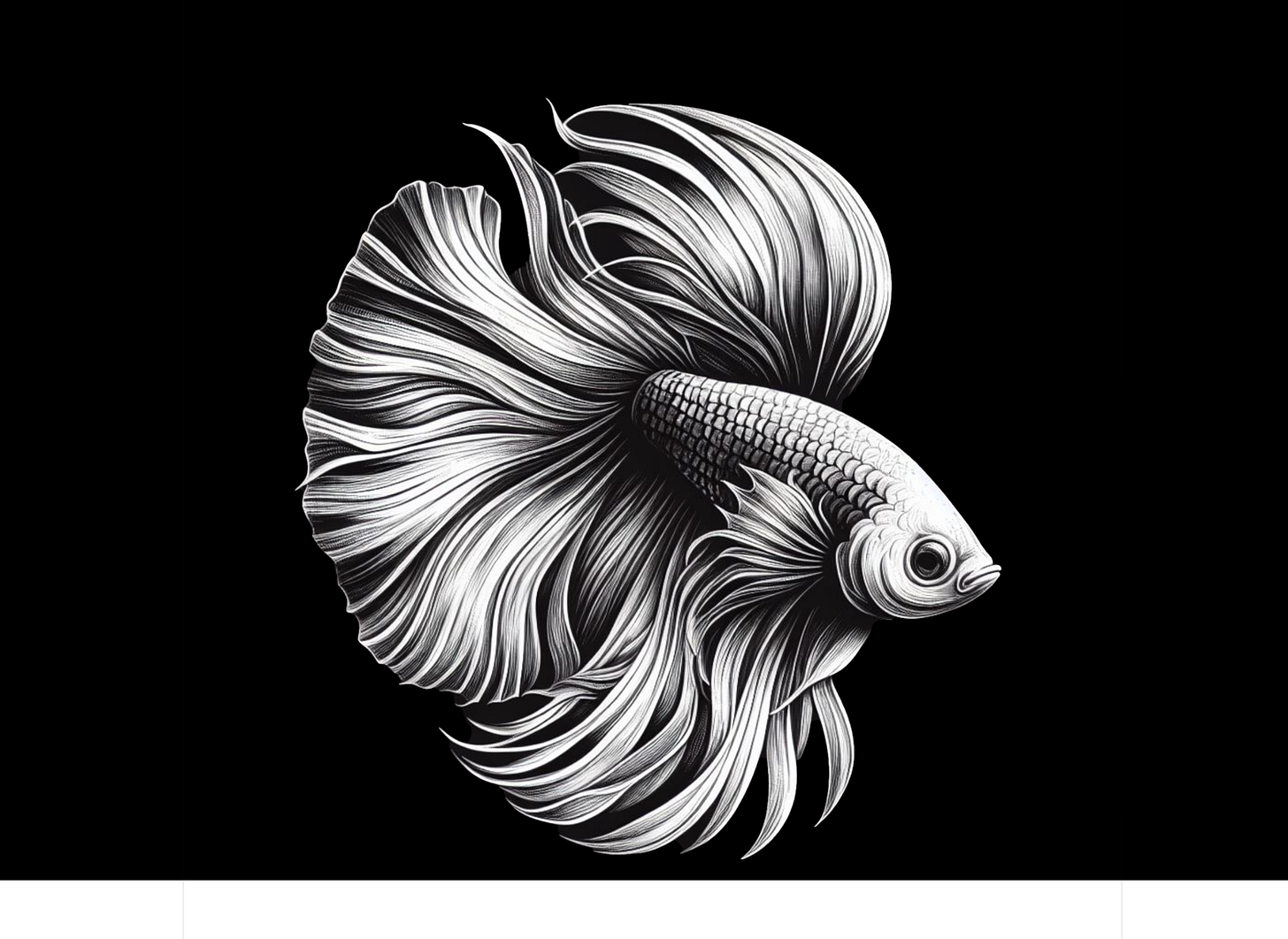There might be a hierarchy in what inspires us. At the bottom, there would be things - houses, clothes, jewelry. At the next level, there would be experiences - traveling Mexico, working in Simbabwe, and sitting in Vipassana in France. Hanzi Freinacht argues that the subsequent level would be to collect perspectives. He says that the metamodern dictum is "that whoever has the most perspectives when they die wins."
Diverse experiences allow for collecting perspectives, depending on the inclination of the experiencer, so it is not a far leap to the metamodern dictum.
I find the idea of collecting perspectives appealing. I am always in search of new perspectives that I can comfortably wear for a while. Sometimes they feel like a custom, sometimes they are too large, too small, or just don't fit my figure, and sometimes a perspective fits just right, and I never want to take it off again. Eventually, those perspectives that make it into my closet form my worldview. They came to stay.
My closet is rather empty.
My perspective collection resembles an overcrowded warehouse, inundated with so many choices that I perpetually grapple with uncertainty. I often question whether the perspective I'm currently embracing is the perfect fit or if a better one awaits. This abundance of options frequently leaves me hesitating to commit to any single choice.
I've been a seeker of perspectives for as long as I can remember.
However, while seeking perspectives is valuable, there's a pitfall of getting lost in meta-level analysis, where you merely observe perspectives without truly embodying them. It's like looking at a bikini in a shop window in winter - because it takes so much effort to take all your clothes off, you don't even bother to try it on. You imagine it will look fabulous, but you haven't experienced how it fits.
The process of internalizing perspectives to grasp them (savoir) diverges from genuinely experiencing and living them (savoir vivre). Ancient knowledge diverged from modern scientific understanding (savoir), encompassing practical know-how (savoir faire), a guide on how to lead one's life (savoir vivre), and, ultimately, a unique way of life. As Pierre Hadot underscores,
"The Greeks deeply believed that genuine knowledge (savoir) could only be a knowledge that encapsulated one's entire essence, thereby metamorphosing the individual who embodies it."
In a similar vein, Cognitive Scientist John Vervaeke outlines four distinct modes of knowing. Participatory knowing pertains to comprehending how to navigate within one's environment, akin to the Greek concept of adopting a certain lifestyle. Perspectival knowing involves comprehending via embodied perception (savoir vivre). Procedural knowing is the ability to execute specific actions (savoir faire), and lastly, propositional knowing, which relates to recognizing the truth of something (savoir). In simple terms, you need to try on that bikini.
In many instances, we assimilate perspectives without the requisite effort to experience them truly. This pattern is especially observable with spiritual concepts, such as the interconnectedness of all existence (how many among us genuinely undergo an embodied experience of oneness?). Yet, more often than not, truly internalizing a perspective necessitates investing significant effort to attain the profound understanding that enables us to genuinely adopt that viewpoint.
I think the practice of philosophy allows us to discover and develop our unique perspectives, which stem from embodied experience and profound contemplation. Engaging in philosophy entails trying on these various perspectives. Philosophical reflection, by its very nature, constitutes an open-ended and open-minded exploration, aiming to scrutinize the essence of fundamental life issues while refraining from embracing dogmatic or one-sided thinking.
Because I can't find a perfect ending for these musings, I'll summarise the ideas in one sentence: Practicing philosophy is like trying on a bikini in winter.
🐒 Something fascinating about others
Archerfish, found in Asia and Australia, have a remarkable hunting technique. They shoot streams of water from their mouths to knock down insects from overhanging vegetation, then promptly devour their submerged prey.
📚 A book I recommend
The Web of Meaning by Jeremy Lent because it encourages deep reflection on our own worldviews and the cultural paradigms that shape our lives.
💌 A quote
“In one sense philosophy does nothing. It merely satisfies the entirely impractical craving to probe and adjust ideas which have been found adequate each in its special sphere of use. In the same way the ocean tides do nothing. Twice daily they beat upon the cliffs of continents and then retire. But have patience and look deeper; and you find that in the end whole continents of thought have been submerged by philosophic tides, and have been rebuilt in the depths awaiting emergence. The fate of humanity depends upon the ultimate continental faith by which it shapes its action, and this faith is in the end shaped by philosophy.” —Alfred North Whitehead
✍️ A journal prompt
How willing are you to engage in other perspectives? And when you do engage, what is your level of engagement? Do you try to understand it or are you willing to live in it - if even for a brief moment?




